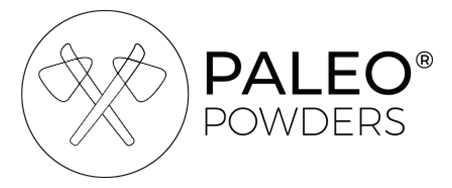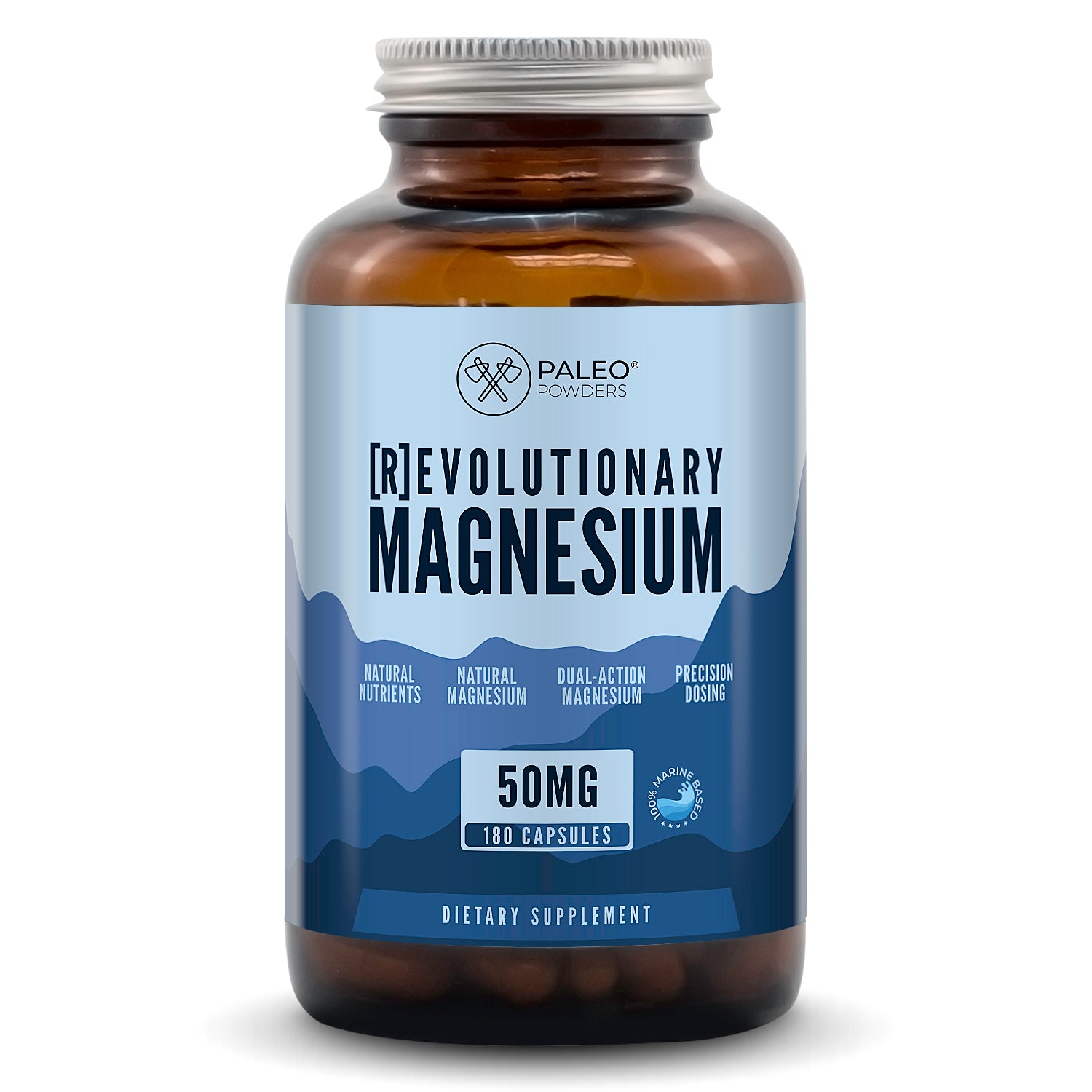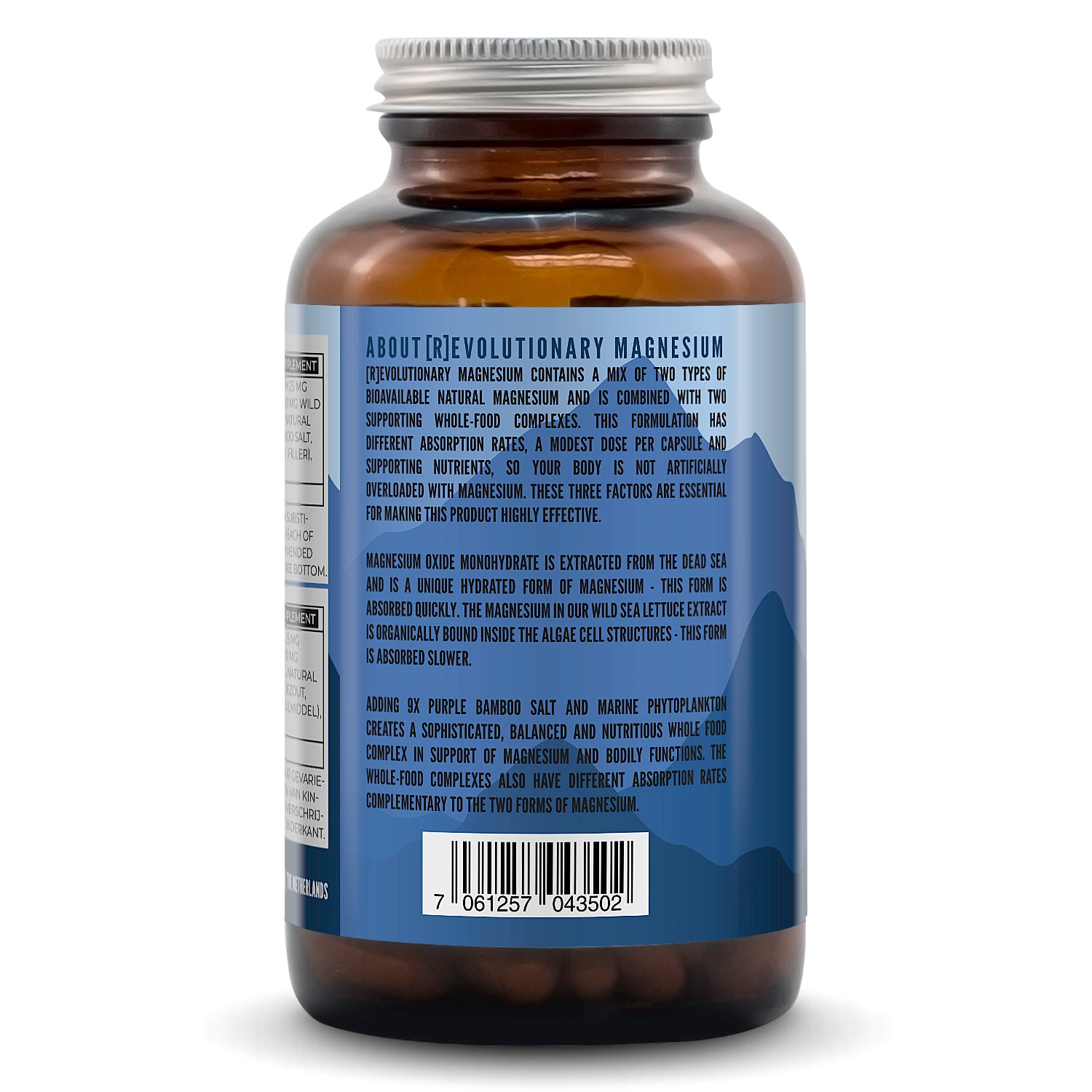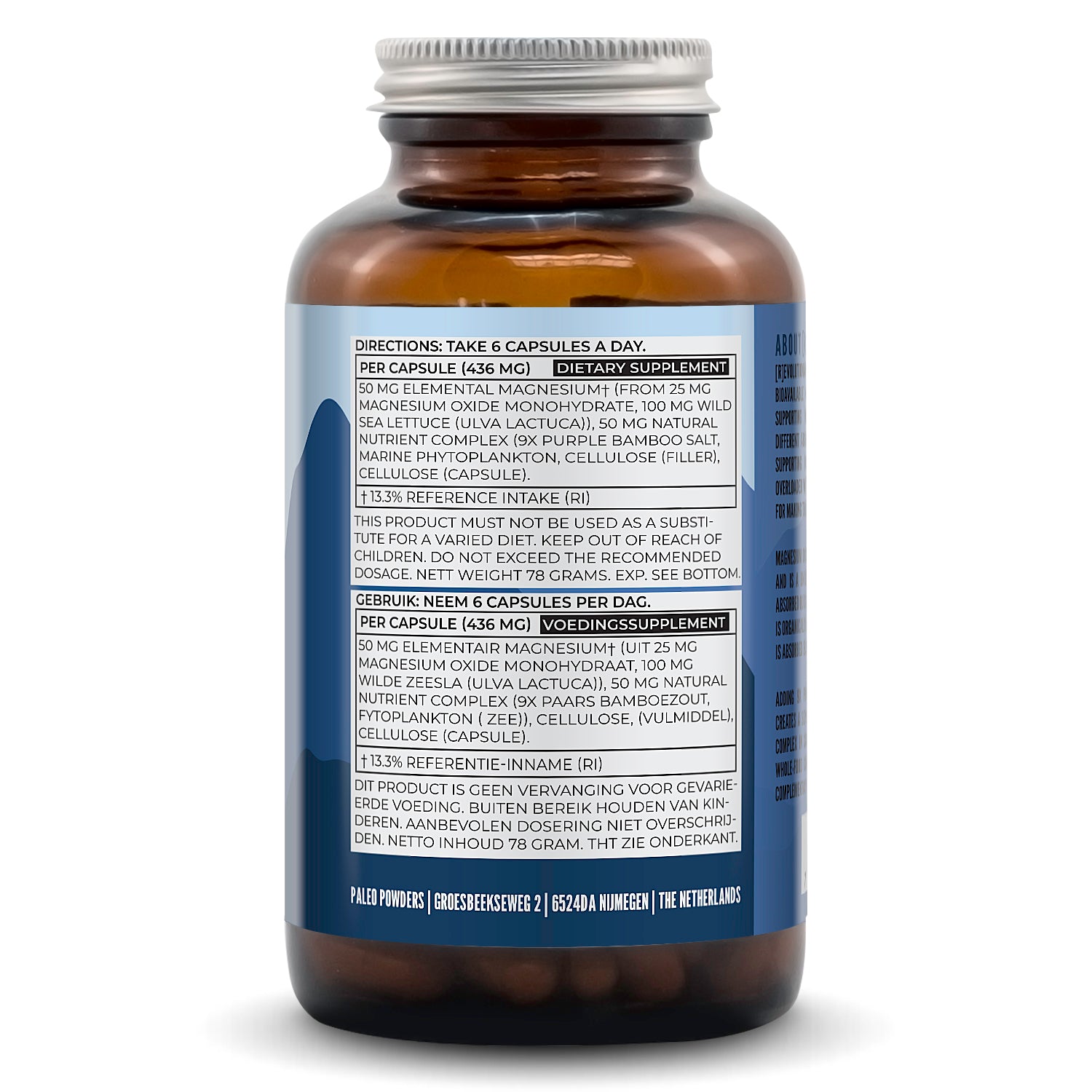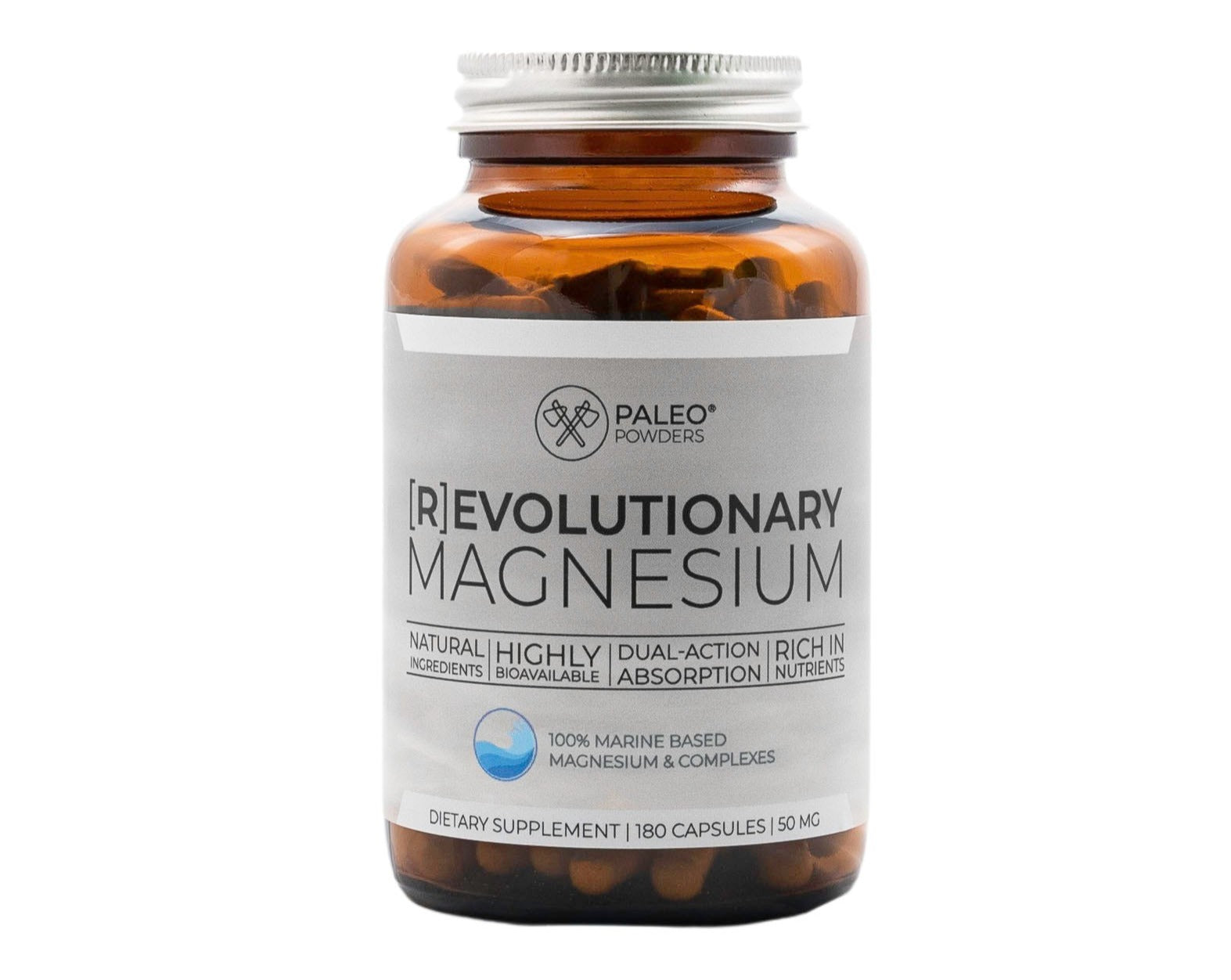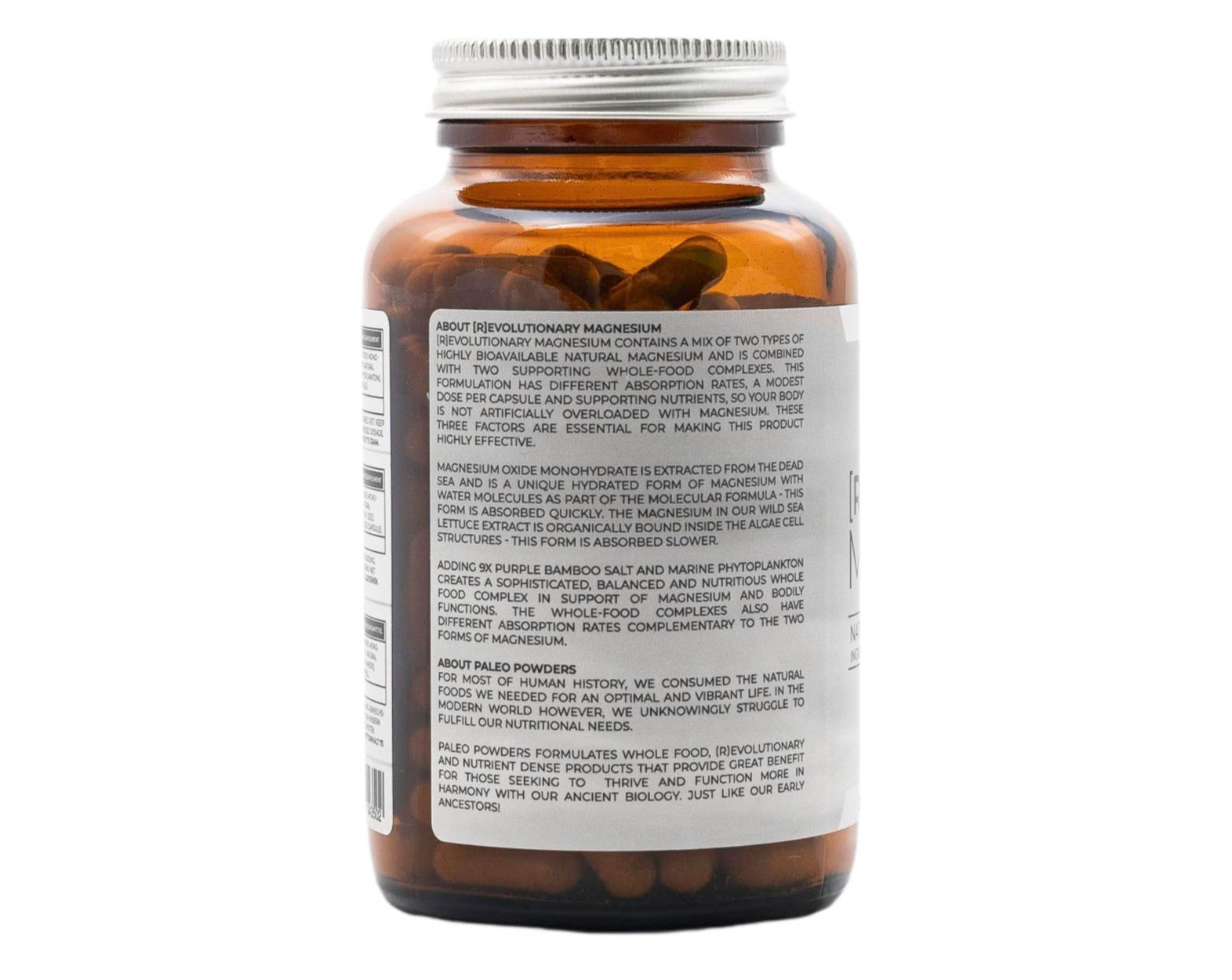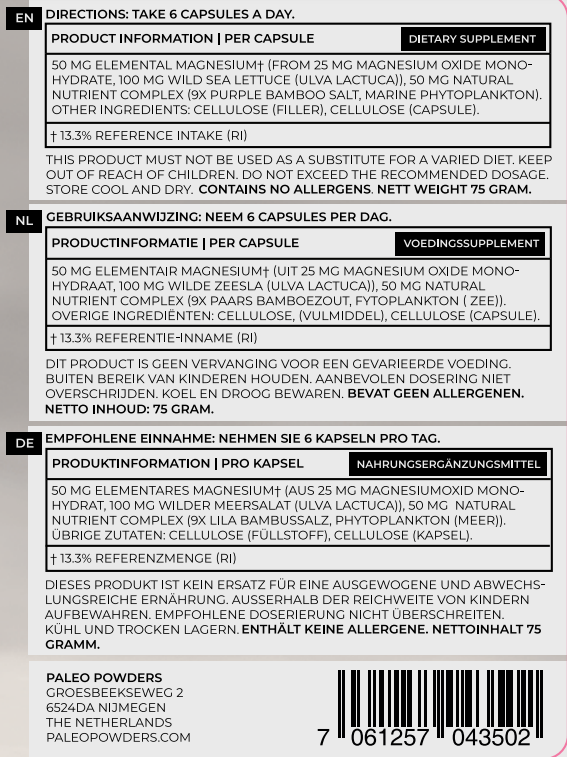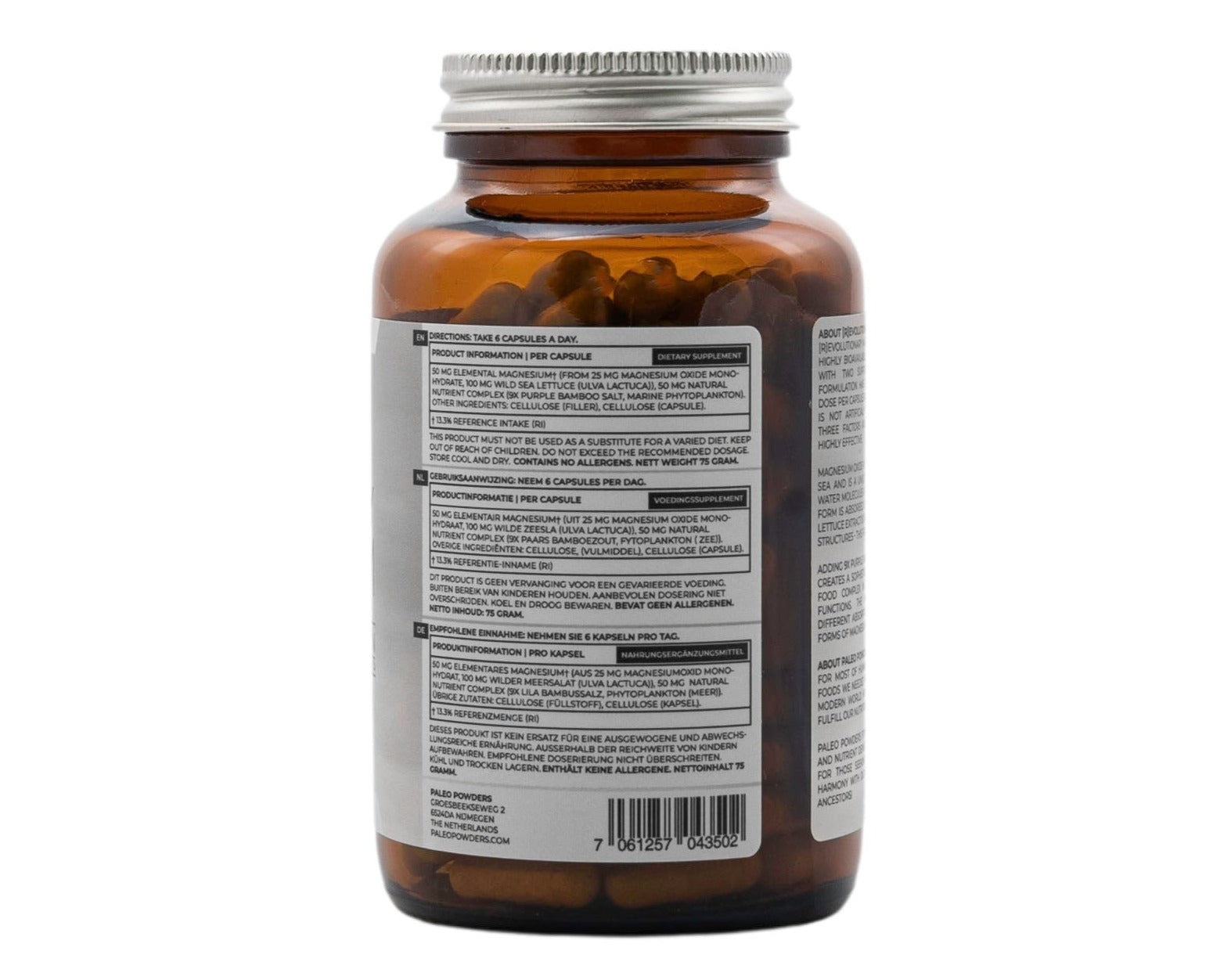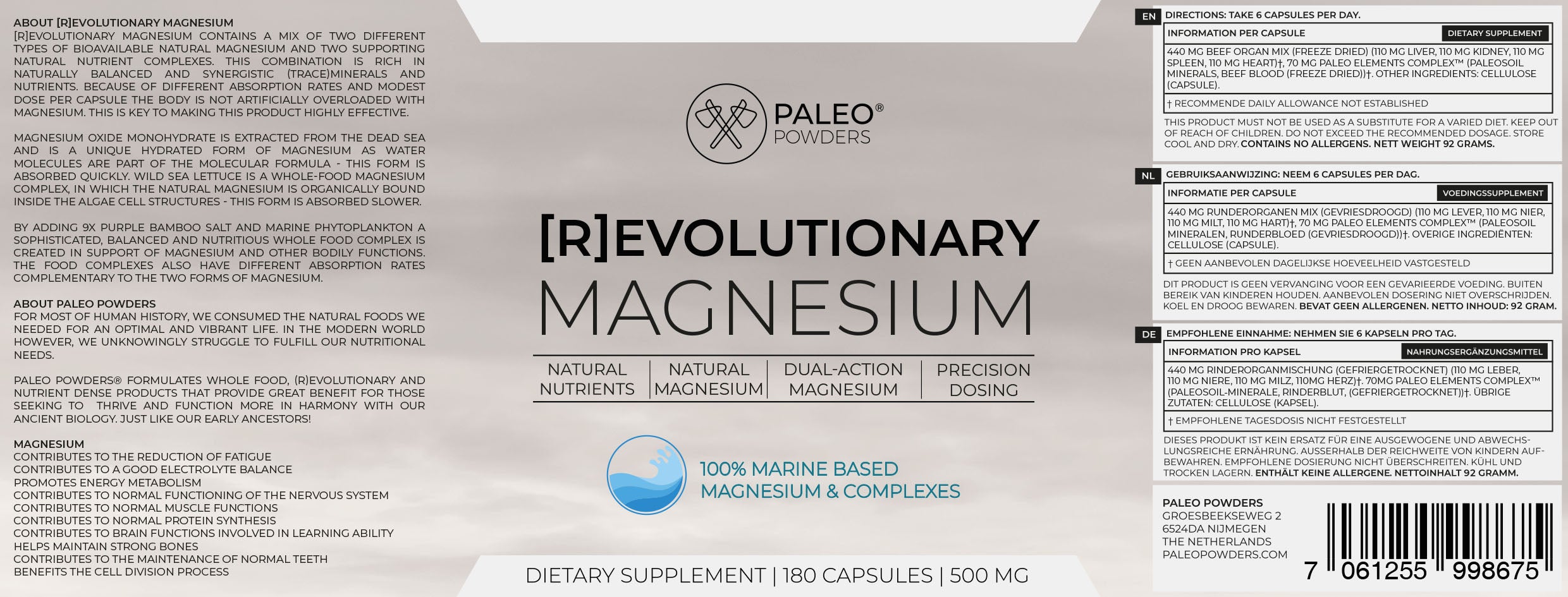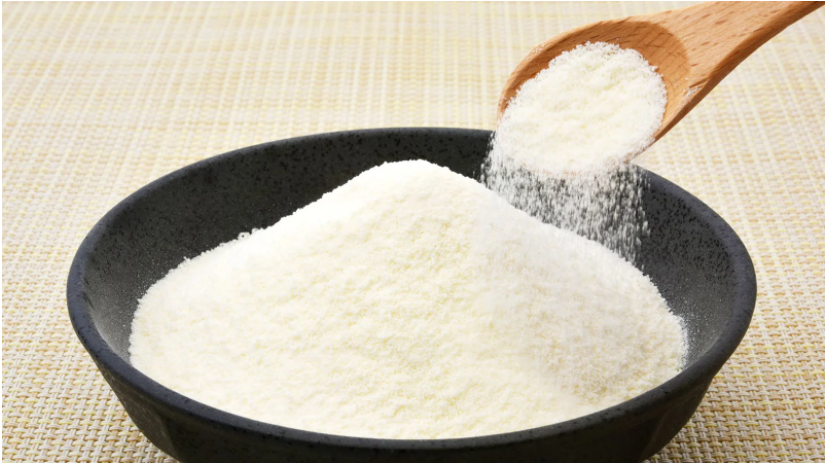
Everything about Collagen Hydrolysate!
Collagen comes from the Greek word "colla" (which means glue) and is best known for its properties that keep hair and skin in top condition. But in addition to this "glue" that helps many tissues of the body to keep the skin and hair firm and shiny, it also has a positive influence on the proper functioning of joints and intestines. And the intestines play a vital role in the immune system.
It was not a question of the survival of our ancestors and the survival of our species: whoever managed to catch an animal used the loot from head to toe. Those who wanted to survive ate the entire beast, tendons, cartilage, skins and connective tissues, everything that was healthy; even the bones were consumed or made into tools/weapons.
Fast forward to today, this is no longer necessary. Head-to-toe eating has largely been lost in today's culture, the “loot” from the supermarket is barely recognizable as the animal it once was.
Yet in recent years there has been a visible renaissance, a kind of reflection and awareness; we are more aware of the impact of humans on the earth and we want to nourish our own bodies as best as possible.
More and more researchers, nutritional experts and (intestinal flora) therapists are highlighting the usefulness of animal protein, gelatin, collagen and bone broth and organ meat, although - as is often the case when a new development breaks its way through prevailing dogmas - there is not yet always find coherent information. What is available is often fragmentary or written in (too) scientific language.
We want to create clarity with this blog. An easy to read and as complete story as possible about collagen. After reading it should be clear why collagen is an important, indeed indispensable, nutrient for humans.
What is collagen?
Most people know gelatin mainly as a binding agent for puddings, cakes, licorice, wine gums and other sweets, but gelatin - when it comes from grass-fed, organically raised animals - is a healthy and natural source of valuable protein. It occurs in the body of animals and humans in the form of collagen and only when it is heated does it turn into gelatin.
And to immediately answer one of the most frequently asked questions:
There are no plant sources of collagen/gelatin. Although forms of so-called “vegetable collagen” are offered, there is no full-fledged plant-based alternative to animal collagen. These “alternatives” (read: agar agar or cornstarch) only share binding properties with gelatin, which can be useful for preparing dishes. However, their nutrient profile, which is what the conscious user is concerned with, is not entirely comparable. (There are plant-based collagen supplements, but they work slightly differently: they do not contain collagen, but only the building blocks that can help your body to produce more collagen itself.) Collagen is the most abundant protein in our body because about 25 % to 35% of the proteins in our connective tissues, skin, bones and tendons consist of collagen.
Why does your body need collagen?
Our body is constantly repairing itself. At rest, for example the day after exercise, we feel this in the form of muscle pain, but this regeneration process is actually always going on. Collagen plays a major role in this process of your body and gives strength, firmness and elasticity to the connective tissues in our skin, bones, muscles, tendons, cartilage, nails and teeth. The amino acids in collagen are the building blocks of these structures. In addition, these amino acids are also essential for the proper functioning of almost all processes in our body. In this way, all the loose structures and tissues that make up the body are held together in a large collagen network. Without this network we would not be able to stand or move. However, this network not only provides strength, it is also a multifunctional communication network that transmits messages in the body electrically, chemically and energetically.

Why is collagen good for you?
The advantage of collagen in your diet or as a supplement is that it is an excellent source of proteins, which also provides specific support to our joints, skin, nails and hair.
- Collagen is important for our nails and skin and reduces visible wrinkles
Although our bodies are able to produce collagen on their own to some extent, from the age of 25 we start to produce less of this important protein until our body produces almost no collagen at the age of 50. We all know what effect this has on the firmness of our skin. It is not without reason that collagen is also on the list of nutritional cosmetics or nutricosmetics. Collagen supplies the amino acids glycine and proline, which are important structural elements of the skin. Our hair and nails are mainly composed of keratin, a fibrous protein composed of several amino acids, of which collagen is a rich source.
- Collagen maintains bones, joints and teeth
Other valuable substances that make up collagen, such as amino acids, antioxidants and minerals such as calcium, magnesium and phosphorus, play an important role in countless other bodily functions. For example, calcium and phosphorus in collagen are part of our skeleton and teeth. After all, bones are made up of about 65% collagen. The reduction of collagen in our body is therefore a reason that our bones become more brittle as we age.
- Collagen promotes sleep
Gelatin promotes sleep due to the abundance of the amino acid glycine. Just a few tablespoons of collagen can provide about three grams of glycine, which is enough to notice measurable improvements in sleep quality. Glycine can also reduce stress and promote mental calm so you can sleep through the night.
Collagen in the intestines
The intestinal wall is largely made up of collagen. This mainly concerns collagen type I and type III, which are by far the most abundant in the body. A damaged or sensitive intestinal wall can benefit from collagen intake, because it can effect and promote recovery as a building block of the intestinal wall. In healthy intestines, the intestinal flora works optimally, which determines which substances are absorbed by the body and which are excreted. This applies to substances that are absorbed through our diet, but also to possible pathogens. Support for the maintenance of normal intestinal function is therefore a good idea, especially now!
Calcium and magnesium
Calcium and magnesium in collagen are relevant for the muscles, the nervous system and for the cell division process. It is also known that calcium in collagen supports digestion, but studies into the effect of collagen on the intestines and the intestinal wall are not yet clear. Gelatin is known to be water-absorbent, which appears to be beneficial for normal intestinal function.
Traditional diet versus modern diet
In traditional cultures, the collagen network in our bodies is more carefully nurtured than today, because as we mentioned in the first paragraph, our ancestors' diets used all parts of an animal from head to tail. The collagen-rich bones, tendons, connective tissues and skins of animals are no longer on the menu of common, modern humans. Partly due to negative reports about animal fat, many people limit themselves to lean muscle meat. And that is downright a shame! Moreover, the number of people who eat low-meat or even meat-free has been steadily increasing for years. This means that people are consuming less and less collagen. To be clear, a vegetarian diet is generally a healthy choice and, according to many experts, it is even healthier than other diets. The diet provides a high intake of vitamins and antioxidants.

However, vegetarians run the risk of not getting enough vitamin B12, iron, zinc and amino acids if they do not eat a varied enough diet or use nutritional supplements on a regular basis. Supplementation with collagen can be valuable for vegetarians and vegans as well as people who limit themselves to only muscle meat. There is no plant-based alternative to collagen, but you can choose between different types of fish collagen and bovine collagen or a gelatin powder.
Collagen as a source of essential amino acids
The great thing about collagen is that it is a complete source of protein. That is not always the case when we talk about proteins. This means that all essential amino acids are present. Of the twenty types of amino acids that exist, we can produce many of them ourselves in our body, but there is also a group that we cannot produce ourselves, and for this group of amino acids it is essential to get enough of them through food or supplementation. to get. There are also semi-essential amino acids, which may only be present in too small quantities in the body in specific groups, such as children, the elderly or people following a certain diet. Although the name may suggest otherwise, these semi-essential amino acids are just as important for good health, except that these amino acids can be produced by the body itself when necessary.
There is a small catch: to produce these your body needs - you guessed it - amino acids! Which once again shows how important it is to get enough of it. You will find essential and semi-essential amino acids in foods that contain proteins to a greater or lesser extent, but this does not apply to just any protein source. Collagen is also a source of both types of amino acids.
In particular, the high concentrations of glycine, proline and hydroxproline make collagen unique. These three amino acids are only found in small amounts in plant foods. It can therefore be difficult for a vegetarian or vegan to obtain sufficient amino acids from food. It is therefore extra important for this group to eat a lot of vegetable proteins and to vary a lot, so that the best possible amino acid profile is built up. Or to opt for supplementation, of course.
The difference between fish collagen and bovine collagen
Taking collagen is basically suitable for everyone and can therefore be very valuable for many people, depending on the needs of your body. There are several types of collagen supplements available, but most types are made from marine (fish) collagen or bovine (bovine) collagen.
Compared to traditional collagen, fish collagen is the purest form, which is made from the skin and bones of saltwater fish such as cod. The structure of fish is most comparable to the collagen in the human body and the molecules have a low molecular weight, which means that this form is absorbed faster than other forms.
 |
 |
Fish collagen is rich in collagen type I and hydroxproline, the amino acid that is an important component of the skin, while bovine collagen contains mainly types I and II. Since collagen types I and III are mainly found in the skin of our body and type II is found in our joints, bones and tendons, some people argue that fish collagen is better for our skin, while bovine collagen is better for our bones and joints. However, we think this representation is a bit too simplistic.
Ultimately, the sustainable and organic origin of the collagen supplement should be decisive and determine the quality of the product. From the start, Paleo Powders has distinguished itself in products that are made with attention and care for people and nature and of the highest quality. For example, Paleo Powders' fish collagen comes from 100% wild, sustainably caught cod and the bovine collagen comes from 100% grass-fed European cattle!
Conclusion about collagen
You should not underestimate the importance of collagen for your body. Your skin, hair, nails, bones and joints will thank you if you are aware of this! If you want to supplement with collagen types I and III, collagen from beef, cod or bone broth is an excellent choice!
